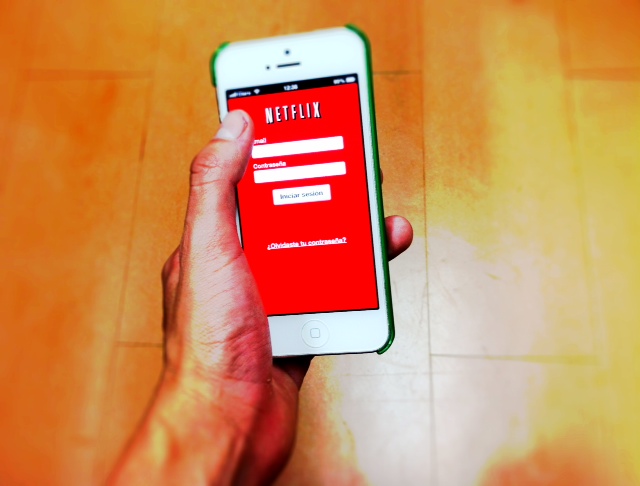This Lawsuit Could Have a Big Impact on Your Netflix Bill

By:
Cities across the country want to make your Netflix, Hulu and Spotify subscriptions more expensive, but their plans might not be legal.
 Esther Vargas / Netflix - flickr.com
Esther Vargas / Netflix - flickr.com
In California, the Pasadena City Council announced plans to put a 9.4 percent tax on streaming video services, according to CBS News. The city will classify video streaming as a utility so it can be taxed in a similar way.
The city of Chicago and the state of Pennsylvania already charge a so called "Netflix tax," on streaming services in an effort to generate more revenue, and dozens of cities in California are considering implementing a "Netflix tax" often modeled after utility and water tax codes. At least 45 other California cities may put a similar tax on streaming services, according to The Mercury News.
“It’s a dangerous precedent to start taxing internet apps and websites using laws intended for utilities like water and electricity,” Netflix spokeswoman Anne Marie Squeo told the Los Angeles Times. “It is especially concerning when these taxes are applied to consumers without consent and in a manner that likely violates federal and state law.”
However a lawsuit against the city of Chicago could change the tax trend.
Unhappy subscribers to streaming services are pursuing a class action lawsuit against the city of Chicago. Last year subscribers filed a lawsuit in a Cook County court in opposition to the 9 percent "Amusement" tax on their subscriptions. The Amusement tax traditionally applies to events like baseball games and theater shows, but the city changed it in June of 2015 to include "electronically delivered amusements."
The lawsuit argues that the Chicago tax on streaming services violates the federal Internet Tax Freedom Act, according to Fortune. The Internet Tax Freedom Act bans "discriminatory taxes" on internet goods that would be taxed differently if they were bought through "traditional commerce." The subscribers' lawsuit argues that streaming services are being unfairly taxed because hard copy DVD's are taxed differently, according to Fortune.
Cities like Chicago are pushing for these taxes to make up for lost revenue as more people move away from cable, Joe Harpaz explained in a Reuters blog post.
"Ultimately, if the world shifts away from traditional broadcast distribution of video content, which has an elaborate mix of hefty telecommunications taxes associated with it, the tax authorities that receive these taxes could see their share of the pie decrease measurably," he wrote.
If it's allowed to stay, city officials expect Chicago's "Netflix tax" to bring in about $12 million a year, according to the Chicago Tribune.
